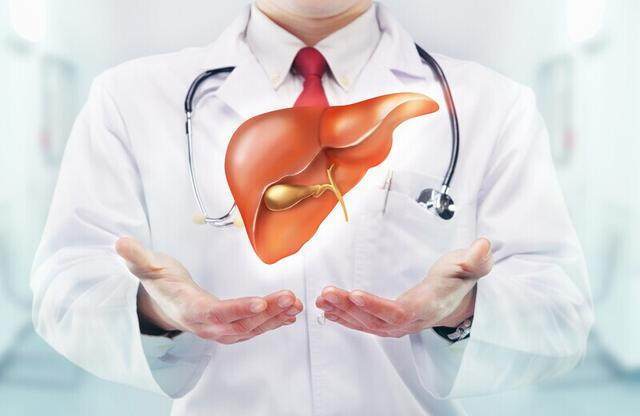The liver is a huge “chemical factory” in the human body. It has six major functions:
1. Metabolic Function:
① Carbohydrate Metabolism: Starches and sugars in food are digested into glucose and absorbed through the intestines. The liver synthesizes it into glycogen for storage; when the body needs it, liver cells can break glycogen down into glucose for use.
② Protein Metabolism: The liver is the only organ in the body that synthesizes albumin; the production, maintenance, and regulation of globulins (excluding gamma globulin), enzymatic proteins, and plasma proteins all involve the liver; amino acid metabolism, such as deamination, urea synthesis, and ammonia processing, all occur in the liver.
③ Fat Metabolism: The synthesis and release of fats, fatty acid breakdown, ketone body generation and oxidation, cholesterol and phospholipid synthesis, and lipoprotein synthesis and transportation all occur in the liver.
④ Vitamin Metabolism: The synthesis and storage of many vitamins such as A, B, C, D, and K are closely related to the liver. Definite damage to the liver can lead to abnormal vitamin metabolism.
⑤ Hormone Metabolism: The liver participates in the inactivation of hormones; prolonged damage to liver function can result in hormonal imbalances.
Abnormal liver function manifests mainly in the following aspects:
(1) Symptoms of abnormal liver function: discomfort in the digestive tract.
(2) May lead to fatigue, easy tiredness, poor spirit, and other symptoms;
(3) Signs of abnormal liver function: abnormal bilirubin metabolism, which can lead to jaundice.
(4) Manifestations of abnormal liver function – Vitamin metabolism abnormalities; deficiencies of various vitamins can cause rough skin, night blindness, cheilitis, edema, skin bleeding, osteoporosis, etc.
(5) Manifestations of abnormal liver function – Fat metabolism abnormalities. If liver function is abnormal, treatment must be done promptly.
The condition of the liver is greatly related to diet.
The liver can be damaged by eating the wrong foods, then discussing which foods can harm the liver.
1. Alcohol
Alcohol is harmful to the liver, especially for patients with liver damage; drinking is undoubtedly a further blow to the liver, which can exacerbate liver injury. For liver disease patients with low detoxification and metabolic function, the intermediate metabolic product of alcohol—acetaldehyde—has a direct damaging effect on liver cells. Therefore, it is best for patients with poor liver function to stay away from alcohol.
2. Foods containing preservatives
Various convenience foods like instant noodles, sausages, and canned foods may contain preservatives and food coloring. Frequent consumption increases the metabolic and detoxification burden on the liver, which can have adverse effects, especially for patients with poor liver detoxification ability.
3. Moldy foods
Studies have found that moldy foods such as peanuts, soybeans, and corn can produce a carcinogenic substance—aflatoxin—when they get moldy, which has strong hepatotoxicity, easily leading to damage, degeneration, or even necrosis of liver cells, and may subsequently lead to or induce liver cancer. Therefore, these foods are extremely detrimental to the body and the liver.
4. Avoid eating sunflower seeds
Patients with hyperlipidemia: Sunflower seeds contain a large amount of fat, and consumption can elevate lipid levels in the blood, contributing to important disease factors such as arteriosclerosis, hypertension, and coronary heart disease. Patients after cholecystectomy: Sunflower seeds are greasy, and the fats contained require bile for digestion. After cholecystectomy, the function of bile storage is lost. If these patients consume sunflower seeds, it can lead to indigestion. Patients with stomach and liver diseases: Sunflower seeds contain a large amount of fat, and consumption by those with poor spleen and stomach function, such as in enteritis or dysentery, as well as liver disease patients, will worsen the condition.


